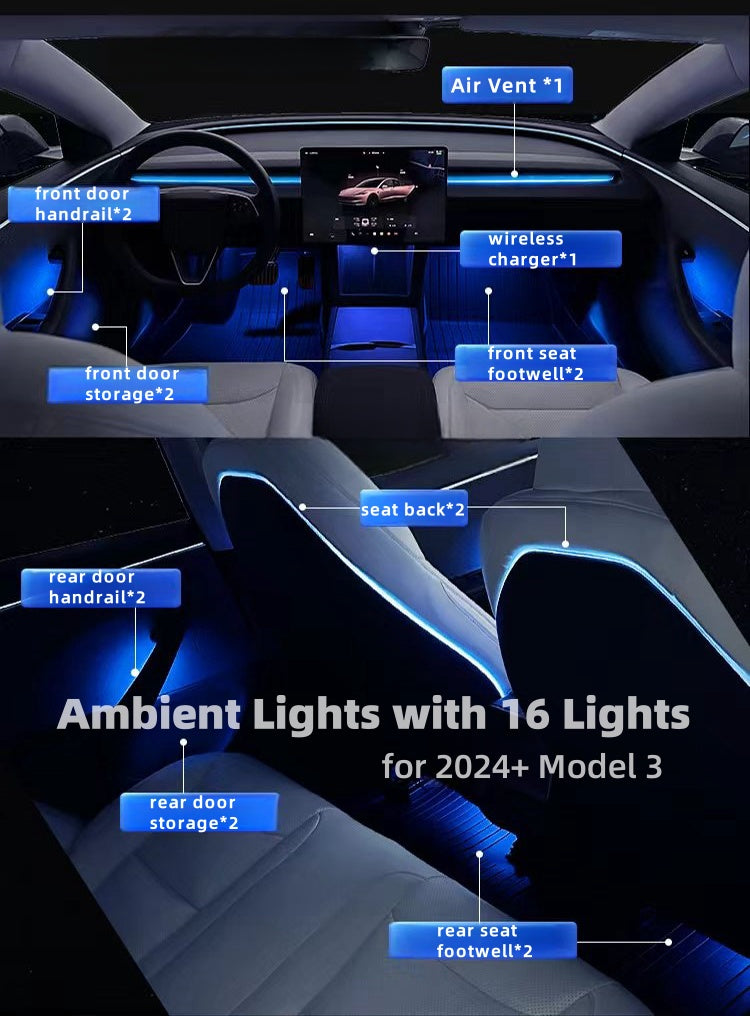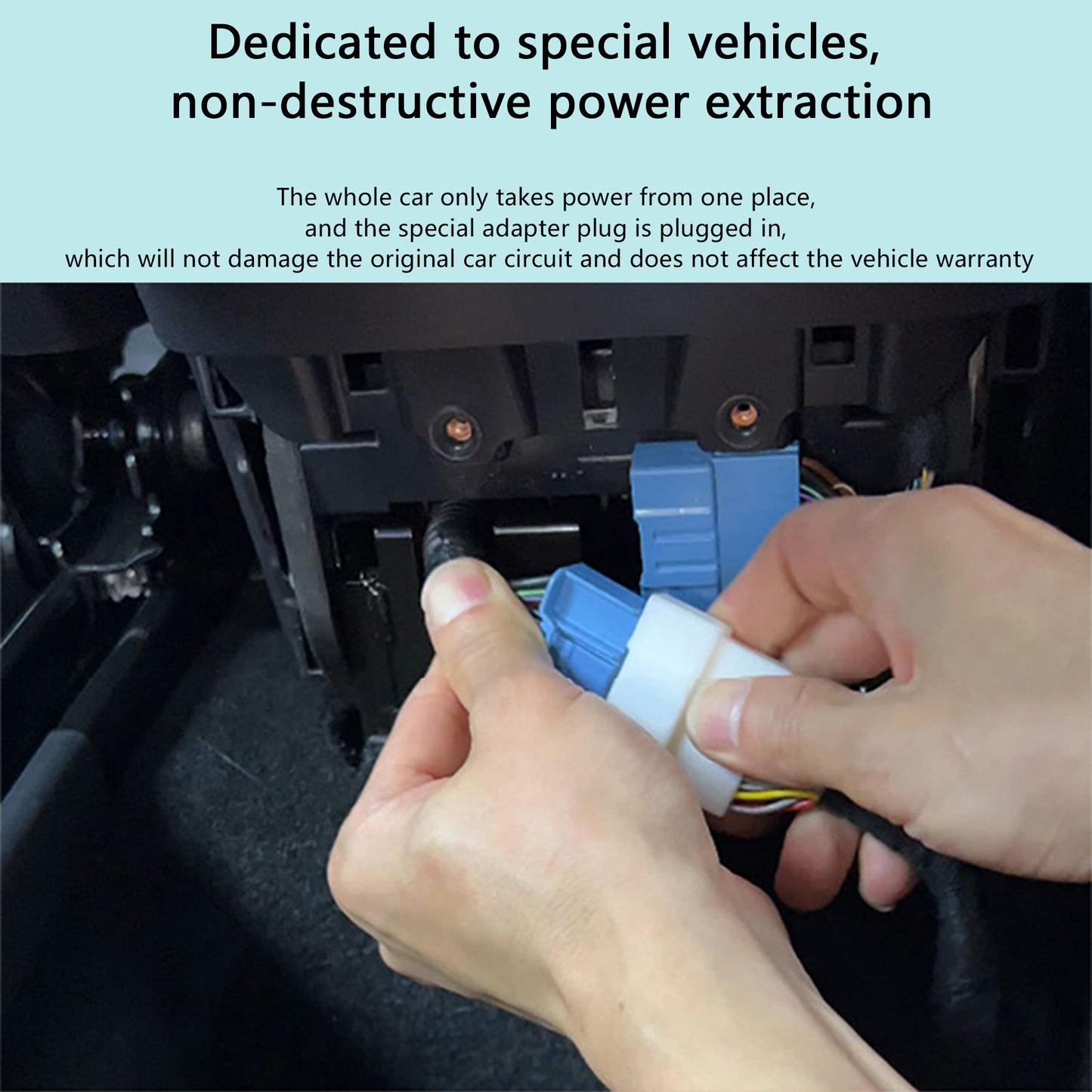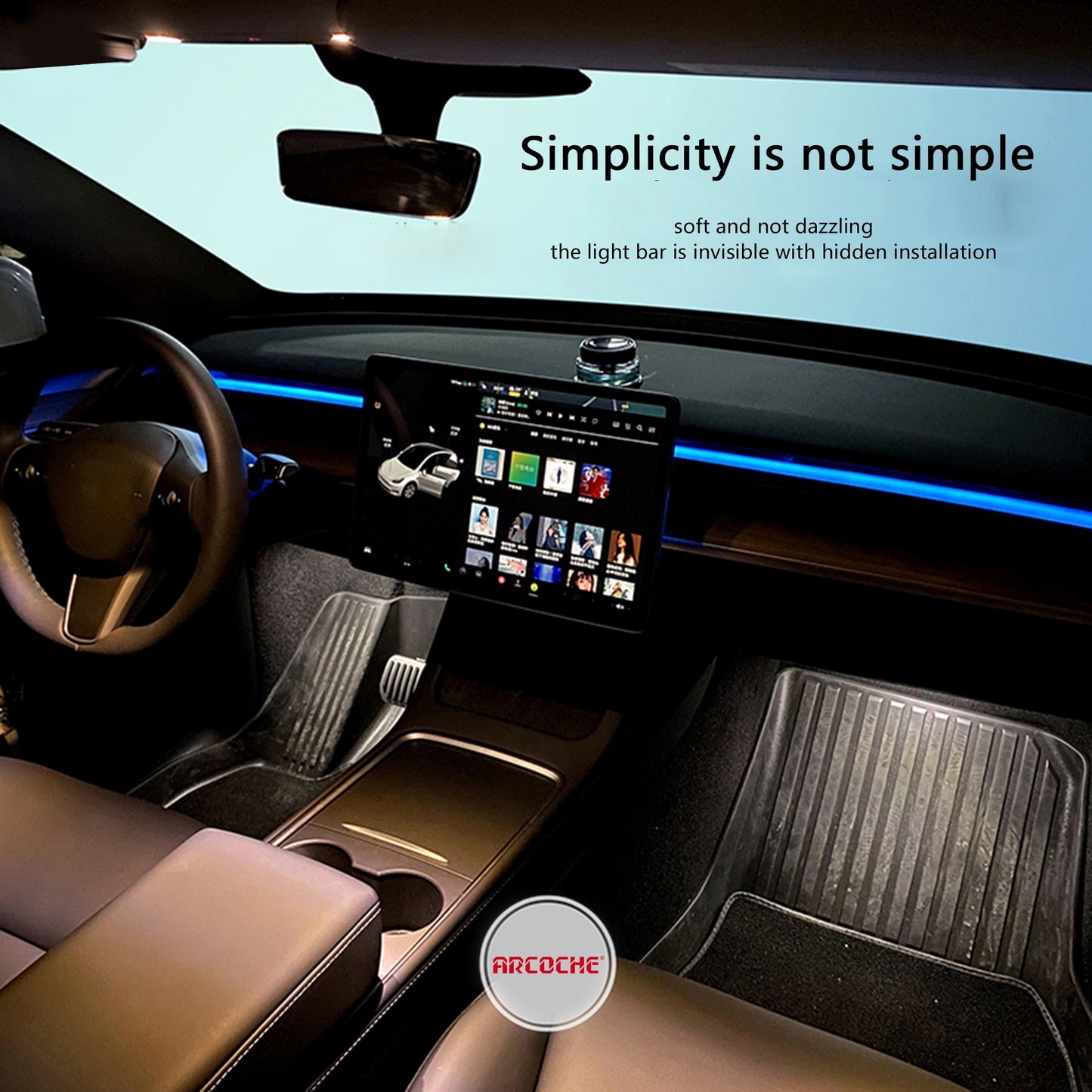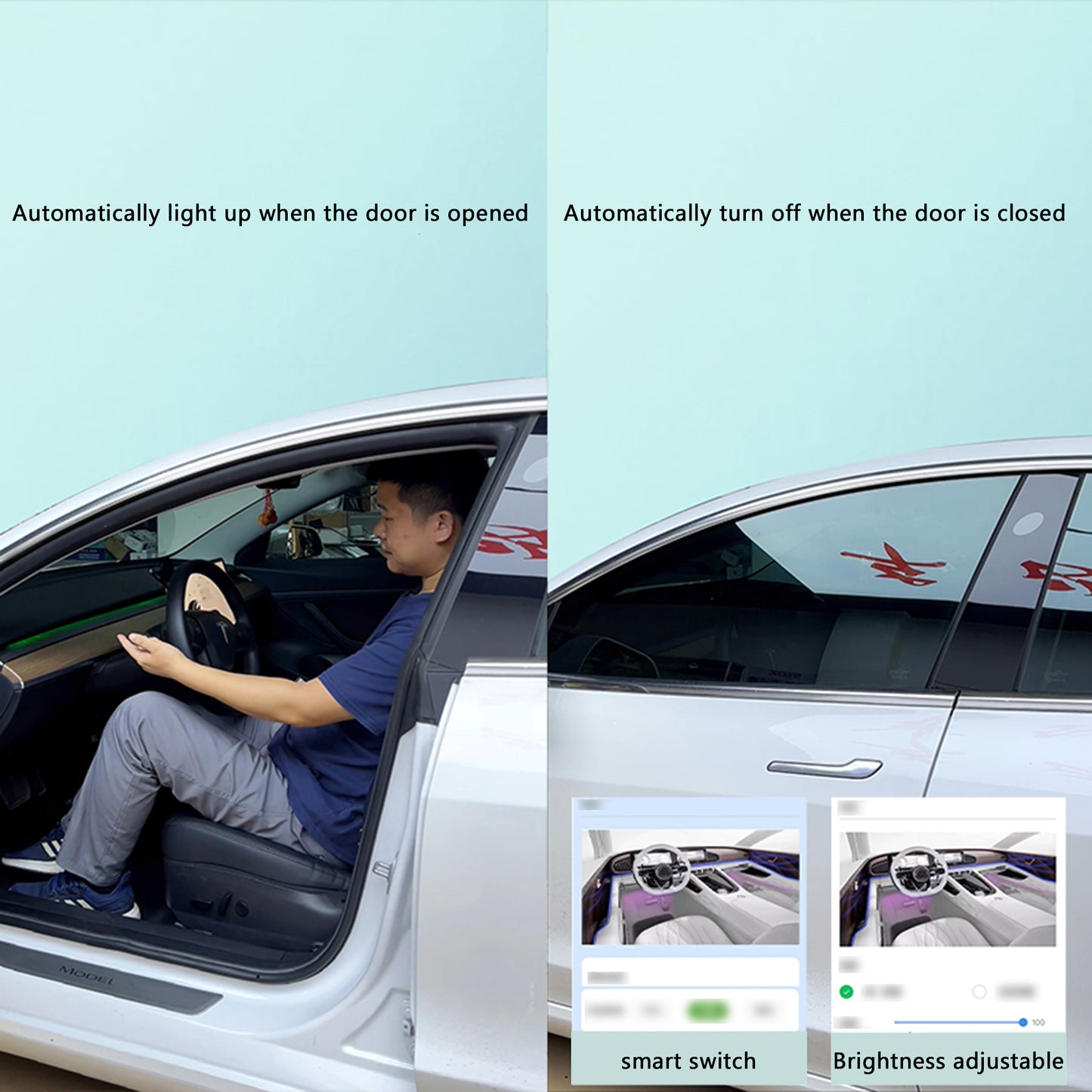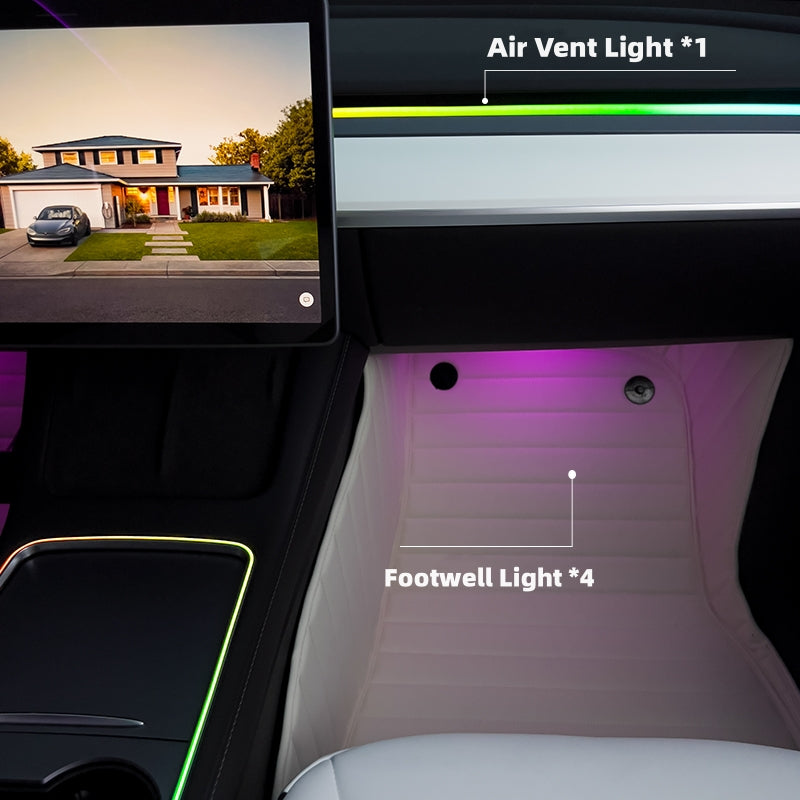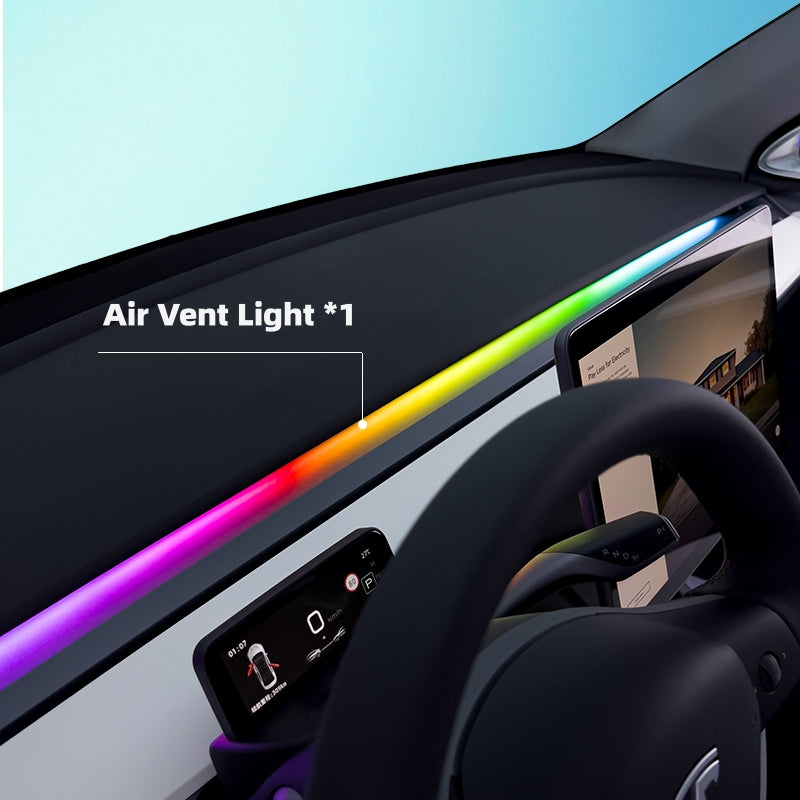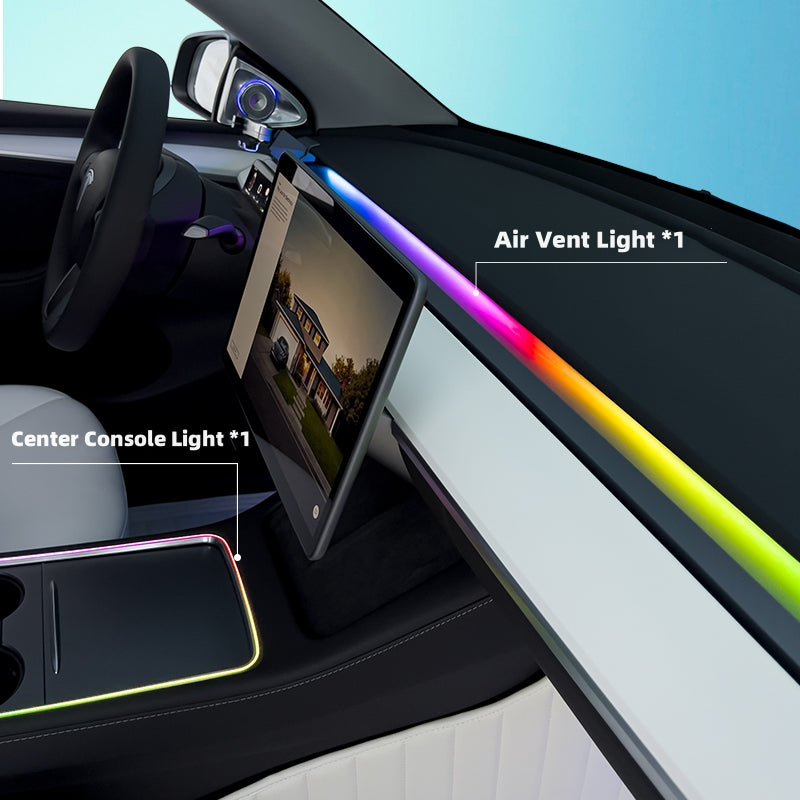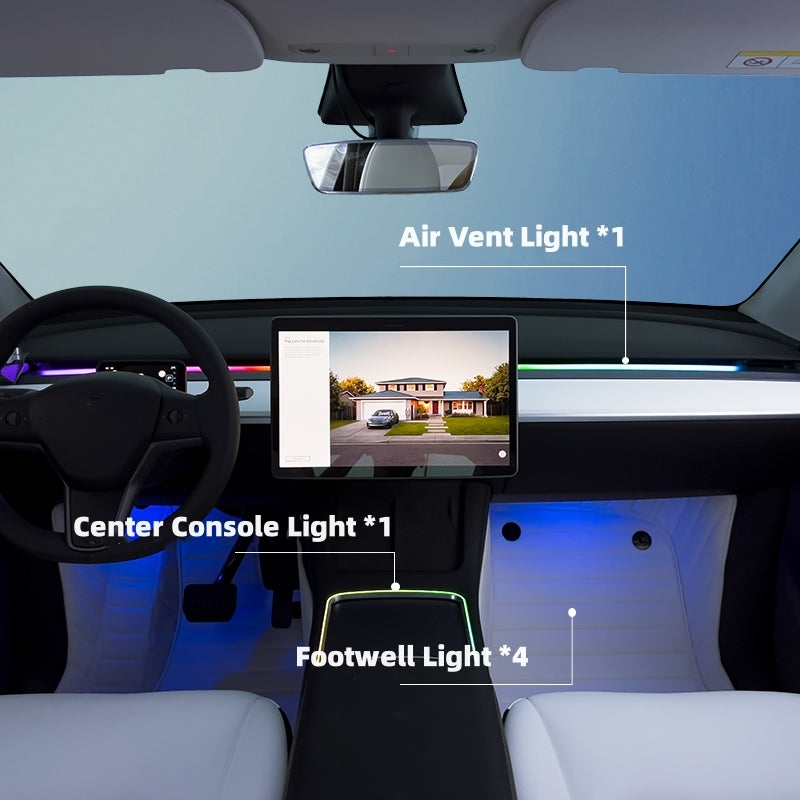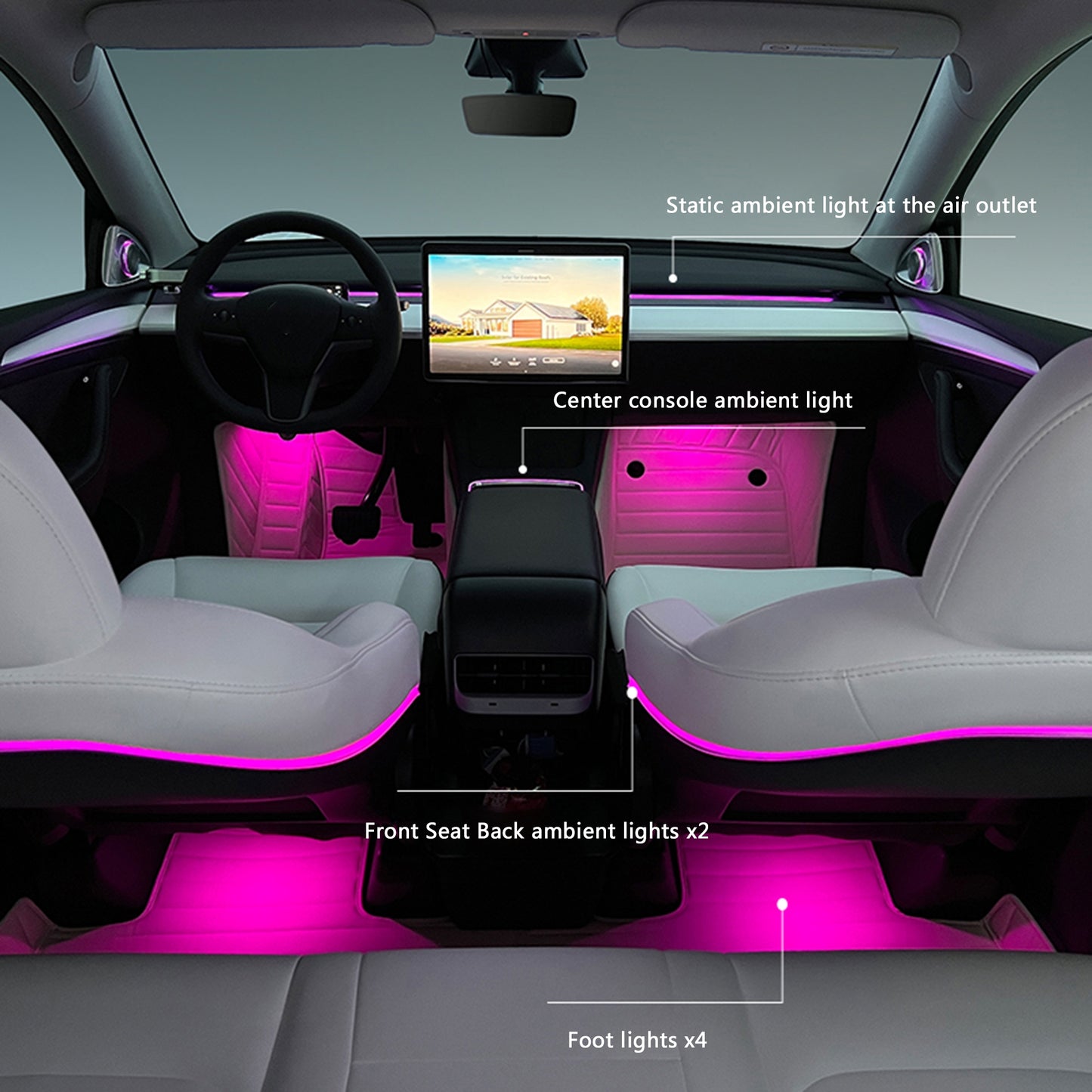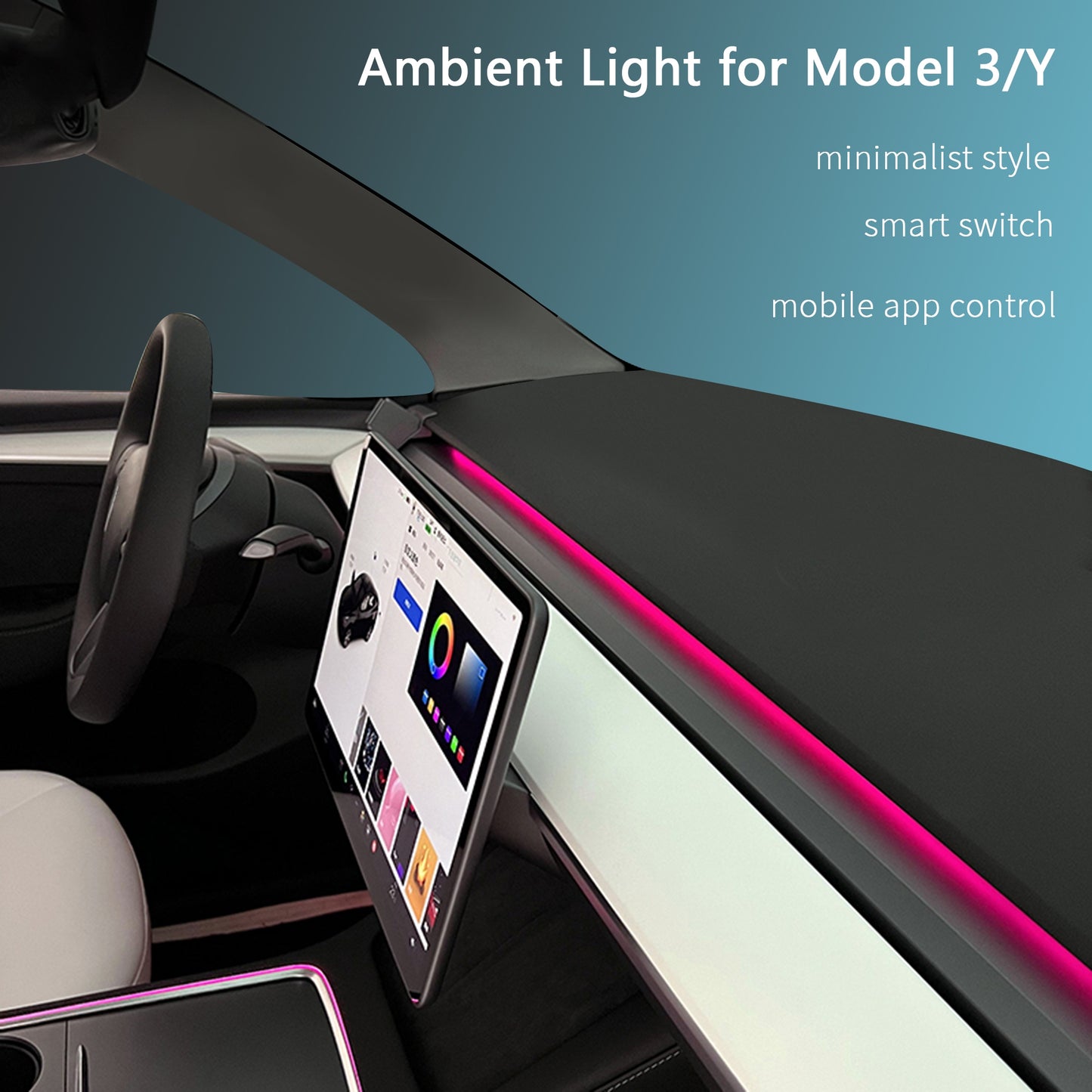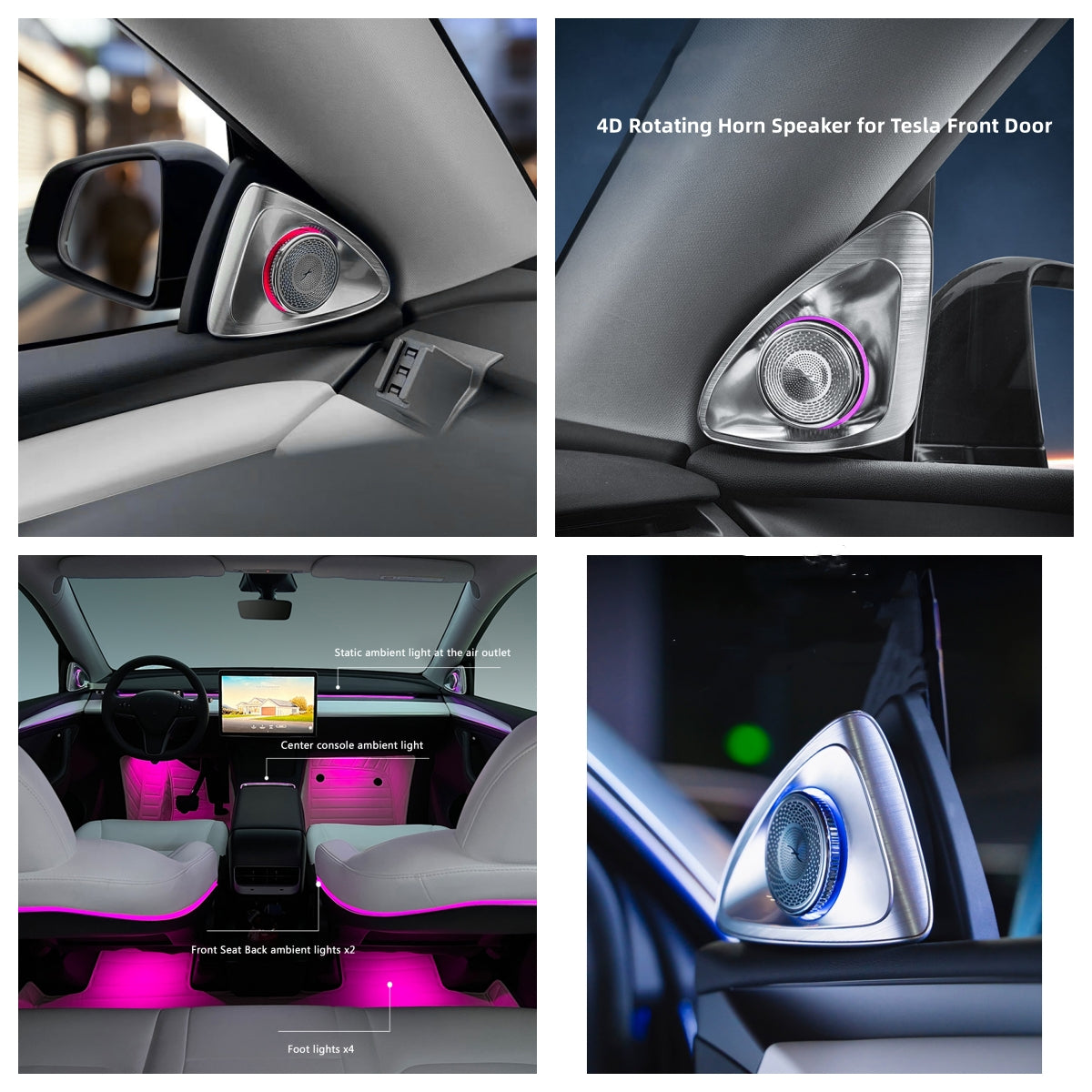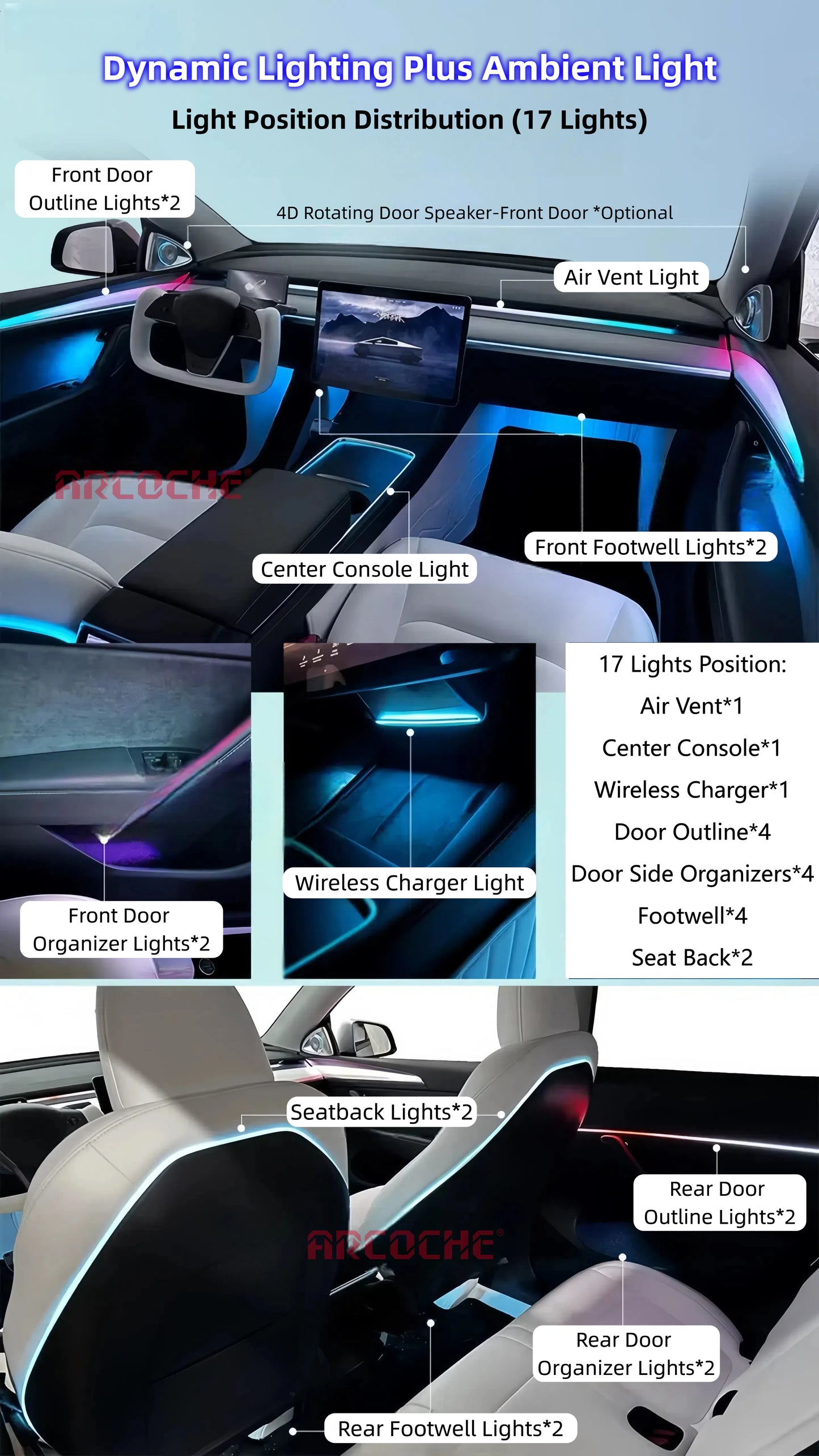
Tesla Faces Labor Unions' Wrath in Sweden: 'Shame On You, Tesla!
Sweden's Labor Unions Intensify Strike Against Tesla, Threatening Vehicle Deliveries
Approximately 90% of the Swedish workforce operates under collective agreements. Jesper Pettersson, spokesperson for IF Metall, stressed the desire for Tesla employees in Sweden to enjoy the same benefits as other labor market participants and saw no reason for Tesla to deviate from this standard.
In contrast, Tesla's CEO Elon Musk has consistently rejected unionization efforts by the company's 127,000 global employees. Former Swedish Prime Minister and ex-IF Metall leader Stefan Löfven expressed his disapproval of Tesla's stance, boycotting Elon Musk's cars and urging others to postpone their Tesla purchases until an agreement is reached.
The strike initially involved 130 mechanics and expanded to include 470 more workers across 17 facilities. While these facilities service various car brands, the work stoppage specifically impacts Tesla repair work. The striking employees continue their regular shifts, working on other car models while Teslas awaiting repairs remain untouched.
The discussions between the union and Tesla broke down on October 24. Tesla representatives refused to sign branch agreements, emphasizing that the company had no collective agreements worldwide. They argued that this decision needed to be made at the company's highest level, according to Veli-Pekka Säikkälä, responsible for collective agreement negotiations at IF Metall.
The union has held recent discussions with Tesla and has scheduled another meeting for Monday.
The labor dispute encompasses work quality and conditions but also serves as a defense of the broader Swedish labor market model. In Sweden, unions and employers typically negotiate working conditions within the framework of collective bargaining, as explained by IF Metall President Marie Nilsson to Le Monde.
The last time the metallurgical union compensated its striking members was in 2010. While threats to strike have occurred since, they have not been carried out, as compromises were reached before strikes were initiated. IF Metall has been advocating for Tesla to sign a collective agreement with its repair shop workers since 2018 and is committed to a prolonged strike if necessary.
Claes Mikael Ståhl, deputy general secretary of the European Trade Union Confederation, an organization representing workers across the EU, remarked, "The electric vehicle is a symbol of the whole green transition, and it’s a big irony that Tesla is refusing to engage in the social dimension of the big transition that we’re going through."
As an OECD (Organization for Economic Co-operation and Development) member, Sweden aims to contribute to a green industrial revolution, reducing greenhouse gas emissions and pursuing environmental sustainability. However, achieving these goals necessitates a workforce with the requisite skills and capabilities to drive the industry and associated public services.
Could Sweden's Labor Unions Set an Example for the UAW in the US?
Tesla workers in the United States have encountered multiple unsuccessful attempts to unionize. In April, the US National Labor Relations Board determined that the company had violated local labor laws by instructing employees not to discuss topics such as pay or working conditions and to refrain from lodging complaints with their managers.
Nonetheless, US labor unions have a long history of tenacity when it comes to dealing with automakers. Recent victories against Stellantis, Ford, and GM highlight their resolve, and Tesla appears to be a likely target.
Following a significant contract victory, UAW leader Fain expressed a key objective of intensifying union organization efforts, stating, "One of our biggest goals coming out of this historic contract victory is to organize like we’ve never organized before. When we return to the bargaining table in 2028, it won’t just be with a Big Three, but with a Big Five or Big Six."
Fain has referred to Tesla, Toyota, and Honda workers as "UAW members of the future."
In Fremont, California, Tesla's plant, which employs 20,000 workers, currently has a UAW organizing committee whose members are reportedly engaging in conversations with their colleagues about the benefits of collective bargaining.
Fain asserted during a Facebook Live presentation that "Car prices are way up, but it’s not because of worker wages, low inventory, or anything but corporate greed. In the past 4 years, the average price of a new car is up by 30% and more. The profits of those higher prices were not passed on to the workers who made those vehicles. Instead, it went straight into the pockets of shareholders and corporate executives."
In its early years, Tesla achieved profitability through premium-priced electric vehicles (EVs) and established a supply chain that now enables the production of more affordable and environmentally friendly high-tech cars for the middle class. Tesla has attracted a customer base passionate about transportation efficiency, high-tech innovation, and sustainability. However, labor unions argue that the all-electric car company has failed to fulfill a critical social responsibility: ensuring workers enjoy a satisfactory quality of life.
The question remains: just as the Detroit Three and other automakers adopted Tesla's North American Charging Standard (NACS), will Tesla ultimately reach a compromise with labor unions and address their demands? Only time will provide the answer.
---------This article is partly excerpted from CleanTechnica.



